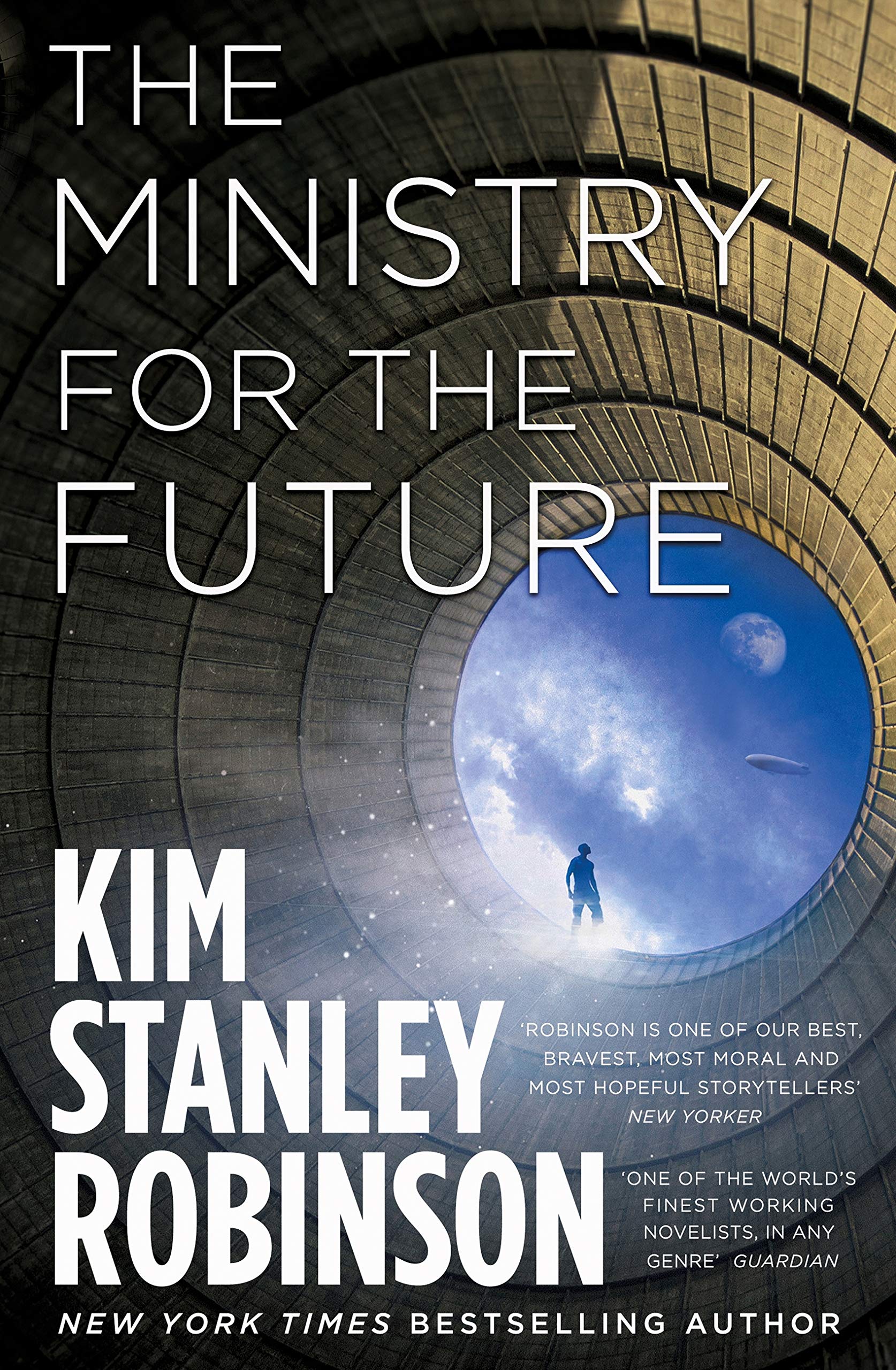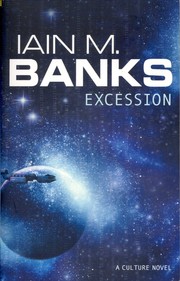Korora wants to read Technofeudalism by Yanis Varoufakis

Technofeudalism by Yanis Varoufakis
In his boldest and most far-reaching book yet, world-famous economist Yanis Varoufakis argues that capitalism is dead and a new …
I have a broad range of interests which is reflected in my reading. I generally read Sci-fi and Fantasy for relaxation, with some historical fiction.
This link opens in a pop-up window
Success! Korora has read 22 of 12 books.

In his boldest and most far-reaching book yet, world-famous economist Yanis Varoufakis argues that capitalism is dead and a new …

Parable of the Talents is a science fiction novel by American writer Octavia E. Butler, published in 1998. It is …
This one took a while to read. Possibly more to do with life being busy and my headspace rather than a reflection on the book itself. I did enjoy the story but it seemed to take a while to pick up pace. That said, it all came together in the end. This book seemed to lean further into the technology than earlier books in the series, with more details of how ships are powered and maximum speeds (as examples).
This one took a while to read. Possibly more to do with life being busy and my headspace rather than a reflection on the book itself. I did enjoy the story but it seemed to take a while to pick up pace. That said, it all came together in the end. This book seemed to lean further into the technology than earlier books in the series, with more details of how ships are powered and maximum speeds (as examples).

Enshittification: it’s not just you―the internet sucks now. Here’s why, and here’s how we can disenshittify.
We’re living through …
Easy, enjoyable read that outlines the fall (snatching) of tech into the clutches of a handful of corporations intent of encapture/enclosure of tech/data and maximum extraction of value for their shareholders.
Some good explanation of the problem with obvious corporate examples and some of the drivers. Although as some others have mentioned it could benefit from some deeper history of the examples.
One potential contradiction that could have been explored is tech workers holding the line against enshittification for many years while at the same time being paid in large part with stock.
In general a great read and introduction to the problems to people outside the world of tech.

The world has finally awoken to the reality of climate breakdown and ecological collapse. Now we must face up to …
Blasted through this book in a few sittings. Its a well structured exploration of the position humanity (and the planet) is in, how we got here, and why we need to change direction and priorities asap.

Established in 2025, the purpose of the new organization was simple: To advocate for the world's future generations and to …

It was one of the less glorious incidents of a long-ago war.
It led to the destruction of two …


Two and a half millennia ago, the artifact appeared in a remote corner of space, beside a trillion-year-old dying sun …

It’s thirty years from now. We’re making progress, mitigating climate change, slowly but surely. But what about all the angry …
Really enjoyed his book. It highlights the 'doing' Solarpunk to get to the world we want but includes plenty of conflict with those who want to go back to the world they 'remember'.
Really enjoyed his book. It highlights the 'doing' Solarpunk to get to the world we want but includes plenty of conflict with those who want to go back to the world they 'remember'.